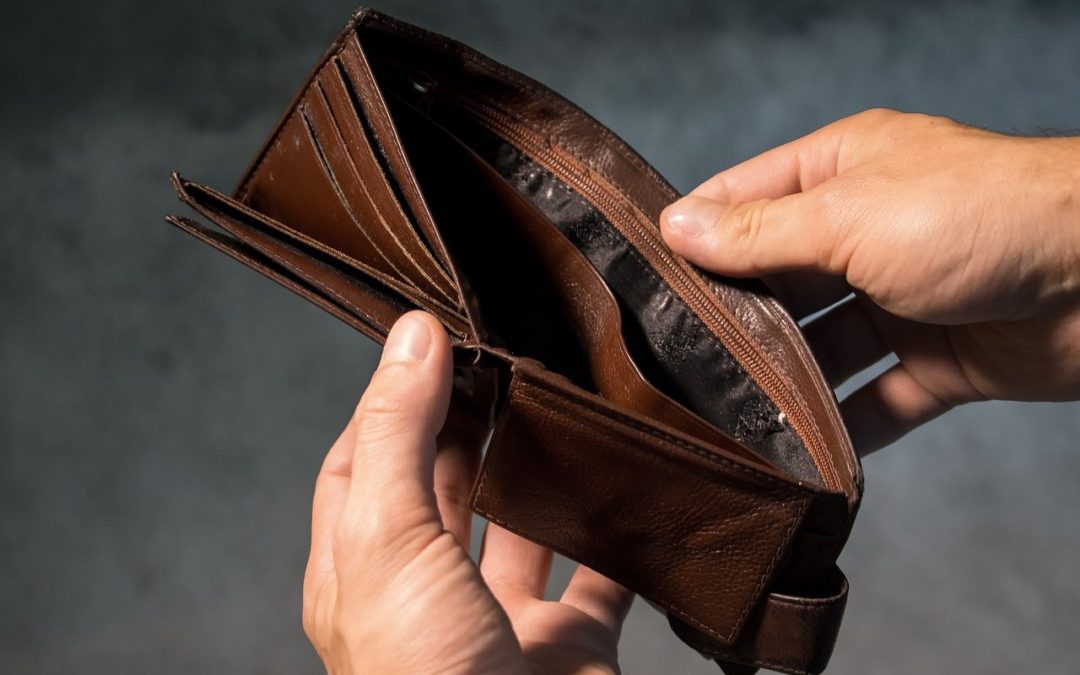Among the many complex and wonderful feelings you have when you first become a dad is the urge to give your child the best start in life. A key way to do this is by setting up some sort of saving scheme on their behalf.
There are lots of questions to consider.
Why save?
In the first few years of your child’s life, the chances are that anything he or she needs will be paid for directly out of your income: food, clothes, shoes, toys, all the immediate day-to-day things that matter to your family.
But as they get older, kids’ needs change. They start wanting things that are more expensive.
If they go to college, the chances are that they will need a contribution towards their accommodation and living expenses. That can cost hundreds, sometimes thousands of pounds.
Is it worthwhile saving?
Even small amounts set aside every month can make a huge difference. For example, if you were to save £20 a month from the time your kid is born until the age of 18, the total would be worth £8730, assuming annual growth at 7 per cent.
Or, if you were to put aside their Child Benefit (worth £84 a month), the total value of your savings would be £36,670 at age 18.
Just think of all the great things your child could do with that sum: apart from college costs, there might even be some money left over for a deposit on a small flat.
Can I really save that amount of money?
There are several answers to that.
- All surveys show the most committed savers are those who are doing so for their kids.
- Never assume you are the only one who has to save for a child: grandparents, other family members and friends can all chip in small amounts, regularly or as one-offs. Savings plans like Child Trust Funds specifically allow both types of payments to be made.
What’s the best way to save?
Here are a few tips.
- Try to set a target or a specific goal, for example paying for your kid’s first year at college, or buying their first car.
- Always save what you can realistically afford. A sensible target you meet every month is better than a grand scheme that you might slip up on.
- If you start saving very early on and have, say, up to 18 years before the money is needed, you can take more risks. This means it is worth looking at shares rather than deposit accounts.
- A few years before the money is actually needed, reduce the risks you are taking, perhaps by shifting part of your savings each year into a building society account. This means the pot you have saved to date will be better protected against stock market volatility.








